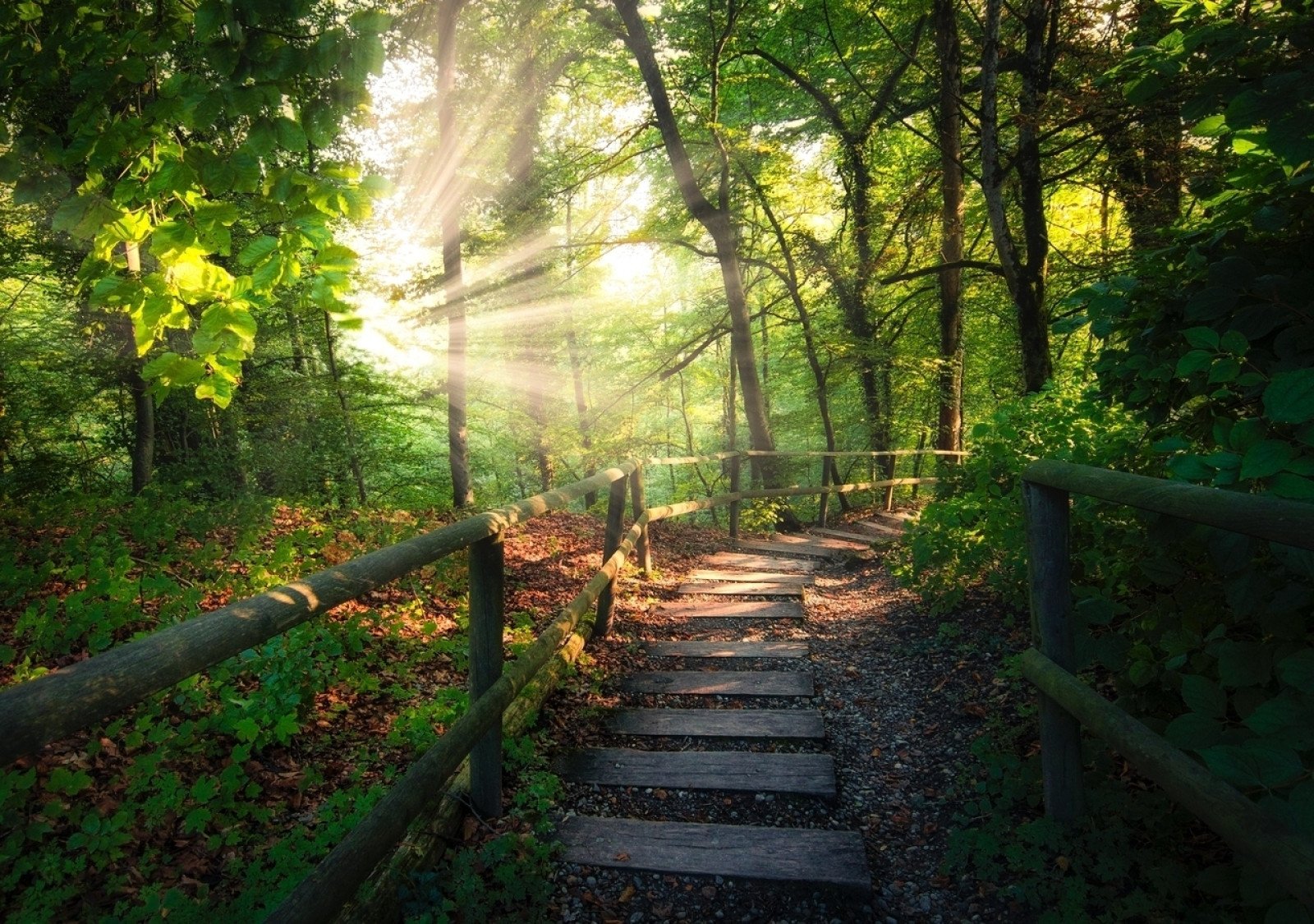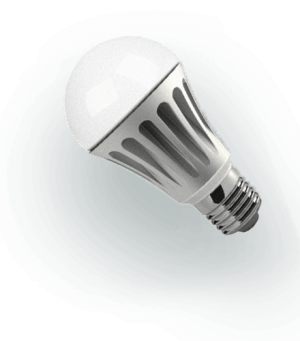
Overview
Through an interactive slideshow, explore natural and artificial light and the choices we can make to power down, conserve energy and stay healthy.
Instructions
What you'll need
- “Light the way” slideshow
- Digital projector and screen
- Do the activity “Build a light maze” and discuss with the students what plants need to flourish and grow like water, food and light.
- Pull up the “Light the way” slideshow to learn the difference between natural and artificial light.
- Pause the slideshow at slide 3 and ask the students in pairs or threes to list natural light sources. We’ve thought of ten; can you beat that?
- Slide 5 to 6 lists some benefits of natural light.
- On slides 7 to 11, ask the students to guess what the lights are and which is the best choice to reduce electricity use.
- On slides 12-16, learn about natural and artificial light for growing food.
- The slideshow concludes with how we generate electricity in B.C., and simple ways to use natural light in our homes, and reduce electrical consumption.
Modify or extend this activity
Extensions
- Ask the student to do a light audit at home and count how many incandescent, CFL and LED light bulbs they can find. Discuss changing to LED bulbs when the old bulbs need replacing.
Curriculum Fit
Grade 5 Social Studies
Big ideas
- Natural resources continue to shape the economy and identity of different regions of Canada
Curriculum competencies
- Use Social Studies inquiry processes and skills to — ask questions; gather, interpret, and analyze ideas; and communicate findings and decisions
Grade 5 Science
Content
- The nature of sustainable practices around B.C.’s resources
Curriculum competencies
Questioning and predicting
- Demonstrate a sustained curiosity about a scientific topic or problem of personal interest and make predictions about the findings of their inquiry
Processing and analyzing data and information
- Experience and interpret the local environment
Assessments
- Assess the students’ ability to understand natural versus artificial light.
- Assess the students’ knowledge of artificial light types and electricity consumption.
- Assess the students’ understanding of different ways to grow food.
Teaching Notes
Plants move
Their roots grow down (or laterally) and the aerial parts grow towards natural or artificial light. The process of photosynthesis uses light energy to turn carbon dioxide and water into sugars, which the plant uses. Essentially, the plant needs to find light to get food.
Natural versus artificial light
Although plants will grow under artificial light, studies have shown that they prefer natural light which has a perfect balance of wavelengths necessary for plant growth. Use of artificial light (greenhouses and in underground spaces) is a growing industry. Benefits include the ability to grow local food throughout the year, however, there are impacts on energy, and light pollution.
Natural light can benefit our health and save energy. Natural light:
- Helps improve mental health
- Improves sleep
- Increases ability to concentrate and learn
- Helps our bodies to produce vitamin D which help us build and maintain teeth and bones and absorb calcium
- Saves energy as we can turn off the artificial lighting
Tips to increase natural light and conserve energy
- Keep blinds or curtains open to let in the natural light
- Decorate with bright reflective colours and/or use mirrors
- Get outside and exercise
LED lighting
LED light bulbs have a long lifetime and use 75% less energy than incandescent light bulbs. There is also a range of colours available for LED bulbs, ranging from a soft yellow to a bright daylight, which can provide an alternate to natural light. Go here for information on LED lighting.






